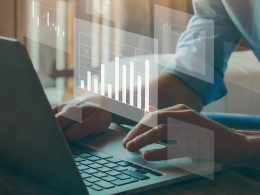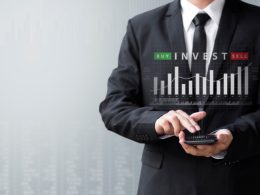As more businesses are finding increasing debts more difficult to manage and service – including bounce-back loans – we look at one question that is being asked more and more by worried directors.
Can I Be Held Personally Responsible for My Company’s Bounce Back Loan Debt?

Sadly the answer is more complicated than yes or no.
A recent change to UK law in the shape of The Ratings (Coronavirus) and Directors Disqualification (Dissolved Companies) Bill gives the Insolvency Service several new powers when it comes to flexing its muscles.
One of these main new powers is that they can continue to investigate directors of dissolved companies, sometimes years afterward, to look at the conduct leading up to the final action.
Of course, any director who knowingly breaches their legal or fiduciary duties then they are looking at a range of punishments including fines, disqualification of between five and up to ten or 15 years as well as potentially being made liable for any debt that was incurred improperly or illegally – including bounce back loans.
Are Your Company Directors Responsible for Bounce Back Loan Debts?
Some directors might be worried about this but if they have used the bounce back the loan for legitimate business purposes – that they were designed to be used for – then they will have little to worry about.
This can include paying standard business average costs including wages, money investments, or paying off existing debts. As long as any director can prove their rationale for spending then they will be confident that they will avoid any retribution.
In a liquidation, as long as these rules are abided by, then a bounce-back loan will be treated as any other type of unsecured debt and written off.
The picture changes when it comes to sole traders.

This is primarily because their legal trading status is different from a limited company in that there is no legal difference between the individual and their business.
Debts will usually then be classed as individuals but they can be dealt with through a process known as an individual voluntary arrangement (IVA) which can avoid any outright defaults in the same way that a business would deploy a CVA.
Even if they cannot repay their bounce-back loan the government has stated that “no recovery process can be taken over a principal private residence or primary personal vehicle for defaulted on bounce-back loans by lone traders.”
This is unless a bounce-back loan had been used to make preferential payments to certain creditors, leaving others unpaid – hence the preference.
As all creditors have to be treated equally under the eyes of the law, this will be considered a breach of a director’s duties and obligations and they could be made personally liable to ultimately repay these debts.
Bounce back loans don’t have any personal guarantees attached to them either and any lender would be able to reclaim all of the loans back from the government as it was guaranteed.
There are several other conditions that have to be fulfilled too but are not usually onerous.
If any director is worried about being made personally liable for a bounce-back loan, VAT arrears, outstanding corporation tax, or any other problematic debt then they should speak to an expert – a Business Rescue Expert!
They offer a free consultation with any director or business owner worried about their company’s future and what they can do about it with some impartial advice and an effective and efficient strategy to follow afterward.









